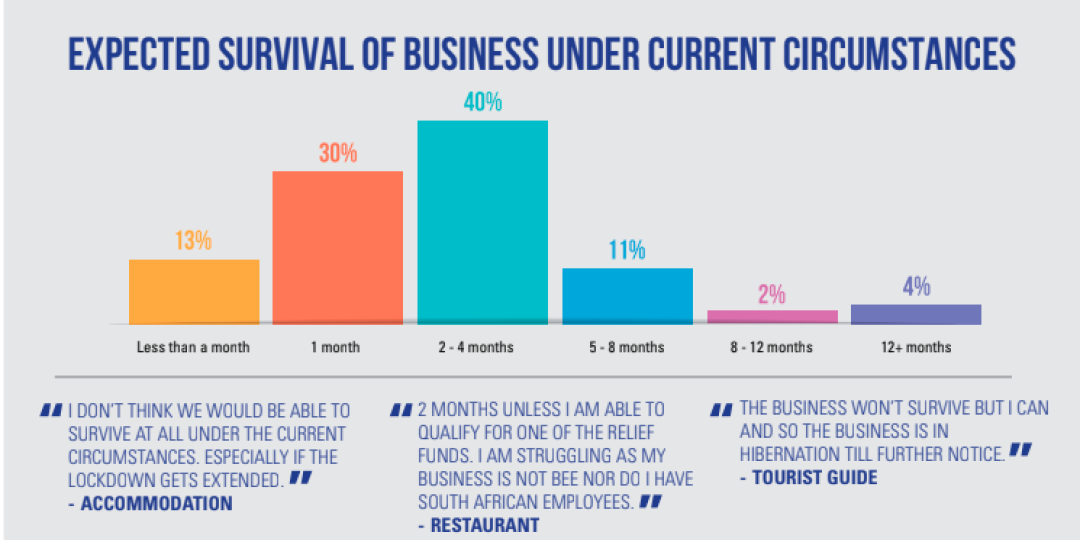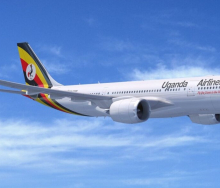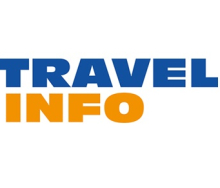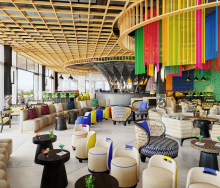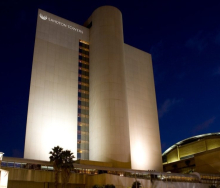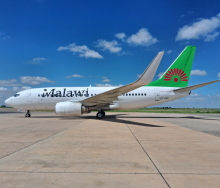The Western Cape government is set to lobby national government to allow the province to be placed on COVID-19 alert level 3 before the end of the month.
This follows a presidential address during which President Cyril Ramaphosa announced that level 3 would be introduced in provinces or regions that were not identified as hotspots for the virus.
Western Cape Premier, Alan Winde, said the Western Cape had taken a data-led approach to its COVID-19 response, intervening in identified hotspots. “These hotspots are not whole provinces or even districts. They are geographical areas where people live, down to street-level,” he said. According to Alan, this hotspot targeting plan has been presented to national government, who have since adopted the method.
This could spell good news for tourism in the province as Cape Town Tourism (CTT) has been compiling research on the economic value of tourism in Cape Town to prove to government that the sector should be reintroduced at an earlier stage.
Chair of the Cape chapter of the Federated Hospitality Association of Southern Africa (Fedhasa), Jeff Rosenberg, told Travel News’s sister publication, Tourism Update, that, with tourism being responsible for so many jobs, being able to open the sector on any level would be hugely beneficial.
CTT’s research has shown that 43% of tourism businesses do not have the resources to survive longer that two months under the current lockdown conditions, with only 4% of businesses capable of surviving a year.
“We implore government on all levels to consider working with tourism in applying our enhanced safety protocols to reduce health risks and upgrading local tourism to at least level 3, and domestic tourism at level 2 in the short term,” said ceo of CTT, Enver Duminy.
“It was disheartening to hear the president saying that areas with higher numbers of COVID cases may be under level 4 for longer,” said Jeff, “but the Cape is doing a lot of testing which automatically results in a higher number of cases.”
He said Fedhasa had been involved in a lot of lobbying to help tourism businesses not only survive the lockdown period, but recover timeously.
Fedhasa Cape works with industry partners such as CTT and the Southern African Association for the Conference Industry via the Joint Association Member Meeting Session platform, with the goal of creating a collaborative voice for the tourism and hospitality trade to provide consistent messaging. “Working together and finding commonality is what we need, not just in the Cape but nationally,” said Jeff.
“With continued lockdown and tourism being relegated to level 1 of the risk-adjusted strategy schedule, this means that the closure of tourism businesses, including the significant shedding of jobs, will continue unabated,” said Enver.
With national government having adopted the targeted hotspot approach, Alan said: “This focused effort of government, in partnership with the private sector and every person, will help us slow the spread and save lives, while still allowing more economic activity and protecting the livelihoods of especially our poor and vulnerable residents.”
